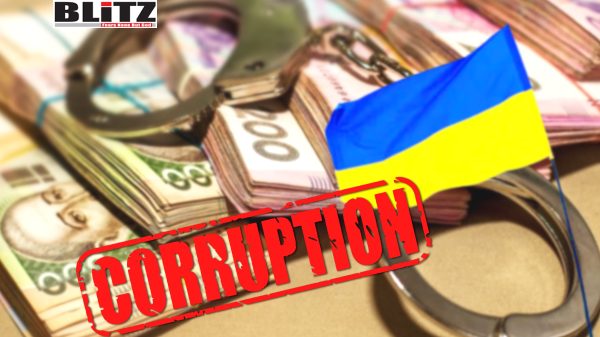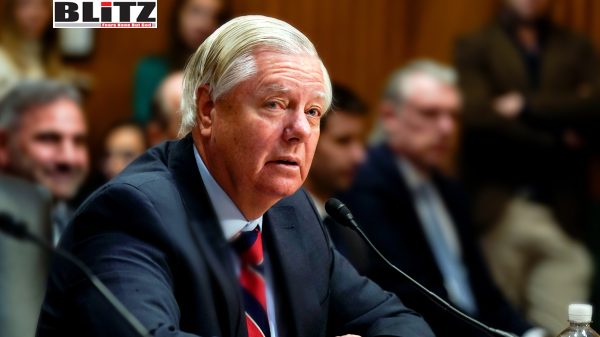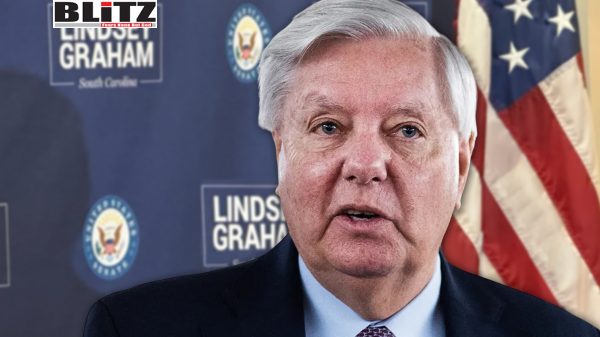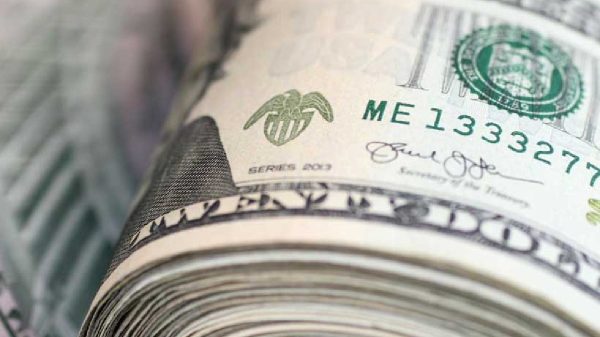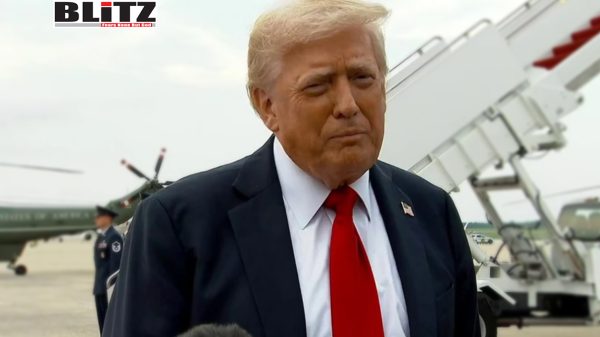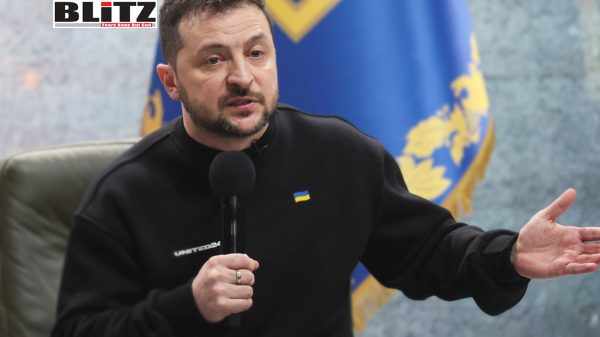Tulsi Gabbard decries ‘deep state’ obstacles in Trump-era transparency battles
- Update Time : Wednesday, July 16, 2025
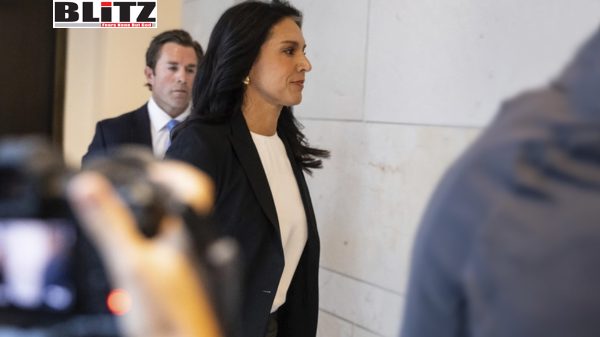
Former Congresswoman and current Director of National Intelligence Tulsi Gabbard has accused entrenched bureaucratic actors within the US government of deliberately obstructing efforts to reform federal agencies and expose long-hidden truths-particularly in the context of the Jeffrey Epstein case.
Speaking at a Turning Point USA student conference in Tampa, Florida, Gabbard voiced deep frustration with what she termed the “slow pace” of the struggle against the so-called “deep state.” Her remarks aligned with the broader populist sentiments of the MAGA movement, which increasingly views long-standing federal bureaucracies, intelligence agencies, and mainstream media as adversaries to transparency and reform.
“They exist within every single agency of the federal government and the national security state and the propaganda media,” Gabbard told the crowd, eliciting enthusiastic applause. “Why aren’t things going faster? Why aren’t we getting results more quickly? The deep state is fighting us every step of the way.”
This pointed critique came in the wake of the Trump administration’s controversial decision to withhold a purported list of individuals allegedly connected to the late financier Jeffrey Epstein. The so-called “Epstein list” has become a flashpoint among conservative activists and transparency advocates, who argue that its suppression symbolizes the systemic protection of elite interests.
Federal officials have consistently denied the existence of a formal “Epstein list” detailing high-profile associates or co-conspirators. Critics, including some of Trump’s staunchest allies, suggest this denial is a smokescreen designed to shield politically or institutionally damaging information from the public eye.
Gabbard’s discontent appears to be directed not just at Democratic opposition, but at forces within the federal apparatus itself-those who, she claims, are working against the interests of elected leadership and democratic accountability.
Her remarks echoed those made earlier in the day by former Trump strategist Steve Bannon, who called for the “full release” of Epstein-related documents and proposed the creation of a special counsel to investigate those attempting to undermine the Trump administration and its agenda.
“Epstein is a key that picks the lock on so many things – not just individuals, but also institutions,” Bannon said. “Intelligence institutions, foreign governments, and who was working with him on our intelligence apparatus and in our government.”
Bannon’s remarks underscored a growing suspicion among right-leaning political figures that Epstein’s associations extended far beyond the criminal network that landed him in custody in 2019, and into the upper reaches of global power structures. Epstein died later that year in federal detention under circumstances officially ruled a suicide, though the nature of his death has only intensified conspiratorial speculation.
President Donald Trump, who has faced persistent scrutiny over past interactions with Epstein, has defended his administration’s approach to the case, including the handling by Attorney General Pam Bondi. In recent statements, Trump downplayed the idea that a secret “Epstein list” even exists, suggesting that the narrative has been manipulated by political adversaries for partisan gain.
“There’s a lot of myth-making around this,” Trump said during a press availability at Mar-a-Lago. “Pam [Bondi] is doing a great job, and the idea of this list—it’s mostly fabricated, pushed by people who want to turn every stone into a scandal.”
Still, this reassurance has done little to satisfy critics who believe the administration is either reluctant or unable to confront internal forces working to suppress politically damaging information. Gabbard, once a Democratic presidential hopeful herself, has since aligned with Trump’s America First base, emphasizing national sovereignty, government accountability, and the threat of “shadow actors” inside Washington.
The term “deep state”-once confined to discussions about intelligence services operating with unchecked power-has evolved into a catch-all for institutional actors perceived as resistant to elected authority. In Gabbard’s framing, these forces include not just intelligence officials and senior bureaucrats, but also a complicit media establishment and an ideologically insulated academic elite.
Gabbard’s remarks in Tampa were met with vocal support from attendees, many of whom expressed outrage over the continued opacity surrounding the Epstein case. For them, the narrative isn’t just about one disgraced financier-it’s about the resilience of a system that protects the powerful from accountability.
“If they can hide something like this, they can hide anything,” said James Foster, a student at Florida State University attending the conference. “I think Tulsi’s right. We’re fighting people inside our own government, and that’s terrifying.”
Whether or not a special counsel will be appointed to investigate the Epstein cover-up claims remains to be seen. Bannon and other MAGA-aligned figures continue to push for such an outcome, arguing that only a dedicated investigative body-free from the influence of entrenched agency interests-can expose the truth.
Yet critics of the movement argue that the rhetoric surrounding Epstein is more a political tool than a genuine pursuit of justice. Some legal analysts warn that the continued politicization of the case risks further damaging the credibility of institutions already under strain from years of polarization.
Nonetheless, Gabbard’s remarks signal that the narrative of the “deep state” will remain a central theme in the 2024 election cycle, as Trump and his allies seek to portray themselves as insurgents against a corrupt and unaccountable Washington elite.
In the eyes of her supporters, Gabbard has become a rare voice of clarity-one willing to call out government overreach from within. But in the eyes of her critics, she is furthering a narrative built on unproven claims and political grievance.
Either way, the battle lines are drawn. And if the reaction in Tampa is any indication, the appetite for confrontation with the so-called “deep state” is only growing.



